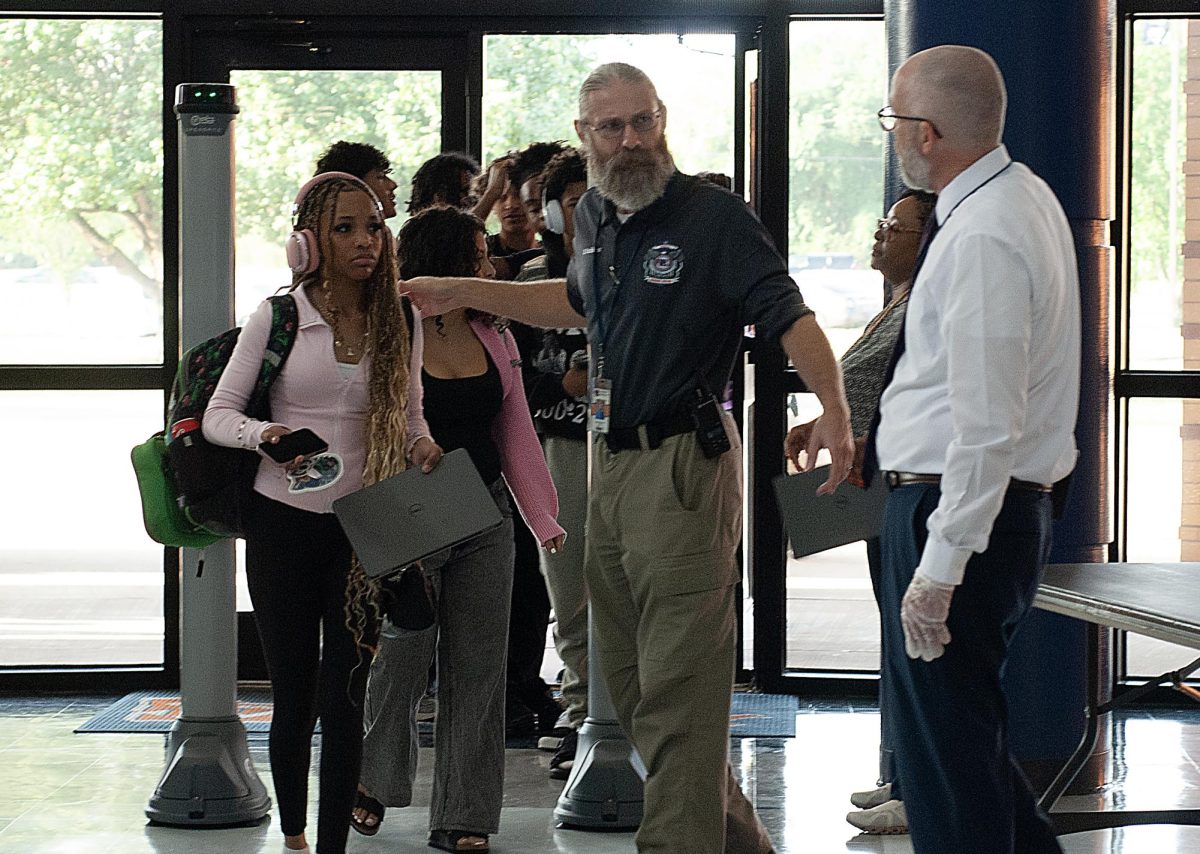Senior year of high school is an exciting time filled with memorable moments, anticipation for the future, and, for some, a phenomenon known as “Senioritis.” This term refers to a condition where seniors may experience a decline in motivation and enthusiasm as they approach the end of their high school journey. But what, exactly, causes senioritis? And how does one beat it?
Senioritis is instilled by several things, including, but not limited to, college acceptance, burnout and the “almost done” mentality. For a lot of people, college is a massive deal, and that monolithic obstruction can occlude nearly all other coursework. Beyond that, writing so many essays take a toll, and the euphoric relief after being accepted tends to further dull one’s academic edge.
Burnout gets to most people sooner or later. Exacerbated by college applications, dumping so much effort into school for so many years can begin to feel tiring. So many years of academic and extracurricular excellence will get to you, especially so close to the finish line, leading to the development of the “almost done” mindset. When you realize quite how close graduation is, how little hard work is left, high school feels like it’s already ended.
Senioritis, by nature, also tends to have degradative effects on academic performance. Being nearly done with high school and having already finished the heavy lifting, combined with the decrease in motivation as perceived futility settles in, can lead to chronic procrastination. Those two aforementioned factors also lead to less effort, after all, you’re practically done, and your next steps are likely in the bag. Why try?
And, with high school being rendered so seemingly insignificant, attendance ceases to feel very important. If you’ve got the big stuff knocked out, classes sort of stop mattering in any real way; that mindset is what gets many people because it’s half the truth. Sure, you’ve got college and graduation locked down, but those grades and attendance records still count.
The consequences are where things get messy. Senioritis’ symptoms can drop grades, thereby jeopardizing the very achievements that made you stop trying in the first place. Additionally, opportunities don’t just stop showing up when you hit senior year – there’re always valuable experiences to take on if you’re looking.
Not everybody gets senioritis, either; it can warp teachers’ and family’s perceptions of you, straining relationships. That’s the last thing you want, especially with university or work on the horizon and a support group becoming even more vital.
Senioritis is a gnarly beast, but there are ways to vanquish it. Setting goals can infuse a mite of sublime into the mundane, giving meaning to where it was previously scarce. Having some little and large goals, then hitting them, can keep you from getting too lax. Staying organized is always a good idea, but it can especially help mitigate procrastination. Talking through senioritis with people you trust is a good idea, too; your head can be a bleak place, and others lend it some much needed color.
Sure, I could give you more trite advice, like staying engaged and the like. But frankly, senioritis is based in some very real circumstances, I mean, you’re done. With high school, with middle school, elementary school, the whole saga. This is a big deal. You’re almost there. Take time to celebrate, to relax, to revel in your free time. You’ve earned it.
Acknowledging those successes will keep you from getting complacent or, worse, burning out. A pinch of senioritis never hurt anybody, but things really get bad when it spirals out of control. You’ve done a good job; don’t toss that away now. Give yourself cause to celebrate.















